-
Vážení uživatelé,
na přelomu července a srpna proběhne pravidelná údržba systémů, která si vyžádá jejich odstávku a dočasnou nedostupnost. Věnujte prosím pozornost následujícím informacím:
Medial
Systém Medial nebude dostupný od 21. 7. až do konce srpna. Po tuto dobu nebude možné přistupovat ke službě https://medial.phil.muni.cz/, pořizovat nahrávky v učebnách, přehrávat obsah videí z Medialu v prostředí systémů Moodle (ELF), popř. umístěných jinde.ELF (Moodle)
Verze ELF 24/25 a starší nebudou dostupné v období od 21. 7. do 25. 7. Nová verze ELF 25/26 bude uživatelům zpřístupněna přibližně v druhém srpnovém týdnu. O jejím zpřístupnění Vás budeme informovat. Archivní verze ELF3 bude znepřístupněna 14. září, viz dokumentace. Do té doby můžete nahlašovat kurzy k převodu z této instalace.Pokud máte nějaké dotazy, neváhejte se na nás obrátit na elf@phil.muni.cz.
Děkujeme za pochopení.
Vaši správci systémůVážení uživatelé,
před podzimním semestrem 2025 dojde k ukončení provozu archivní instalace ELF3. Věnujte prosím pozornost informacím v dokumentaci.
Děkujeme za pochopení.
Přeskočit: dostupné kurzy
Dostupné kurzy

V rámci předmětu E-learning připravujeme E- learningový kurz turistická angličtina pro začátečníky. Kurz bychom chtěli připravit v Moodle, kde bychom využili jeho funkce jako jsou testy, vložení externích odkazu nebo formu přednášky.
- Učitel: Barbora Elblová
- Učitel: Barbora Etzlerová
- Učitel: Viera Ivanovová
- Učitel: Libor Juhaňák
- Učitel: Libor Juhaňák
- Učitel: Karolína Nezbedová
- Učitel: Nicola Catherine Fořtová
- Učitel: Linda Nepivodová
- Učitel: Jitka Sedláčková
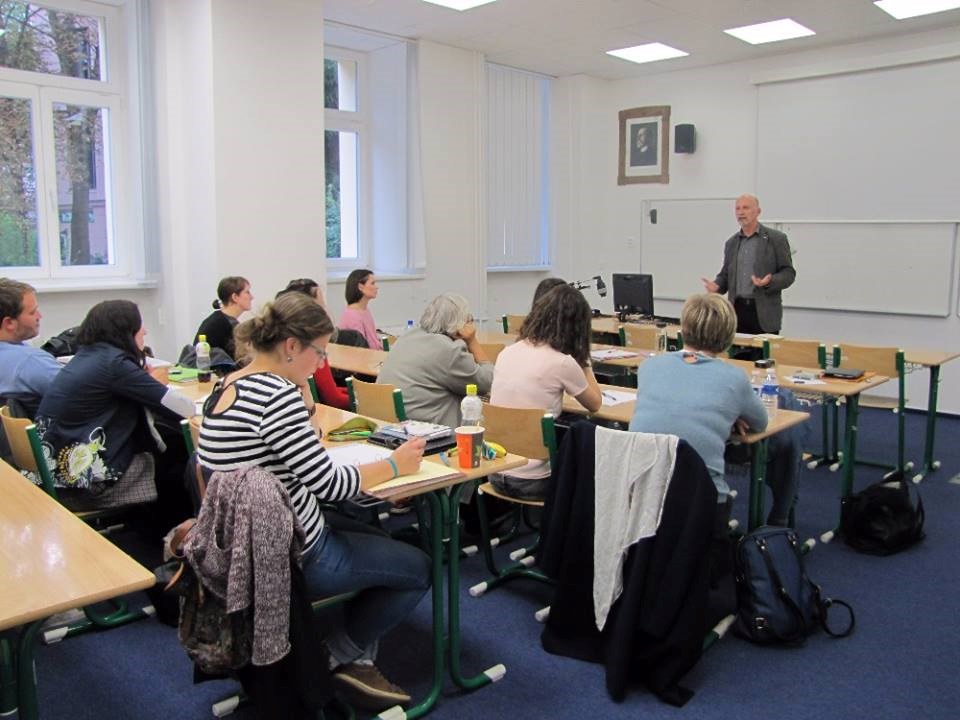
- Učitel: Karla Brücknerová
- Učitel: Klára Harvánková
- Učitel: Petr Novotný
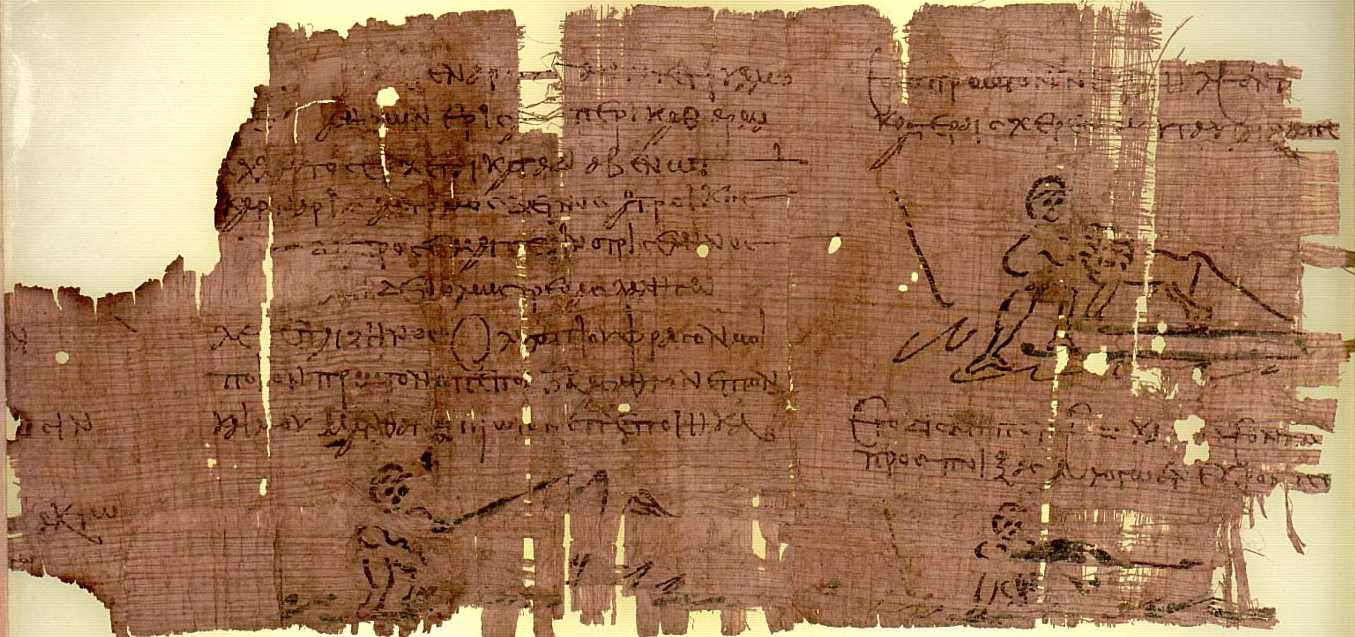
V kurzu naleznete materiály pro předmět s kódem MED05 (Přehled antické řecké literatury). Jedná se o ukázky dochovaných primárních textů řecké literatury z období archaického až helénistického (ca 8. stol. – 30 př. n. l.) a osnovy jednotlivých hodin. Jsou tu rovněž bonusové materiály v podobě odkazů na zajímavé diskusní pořady na internetu, mapek apod. Elektronický kurz jako takový nemá žádné oficiální ukončení, pro informace k ukončení klasického kurzu viz anotace v IS.
- Učitel: Irena Radová
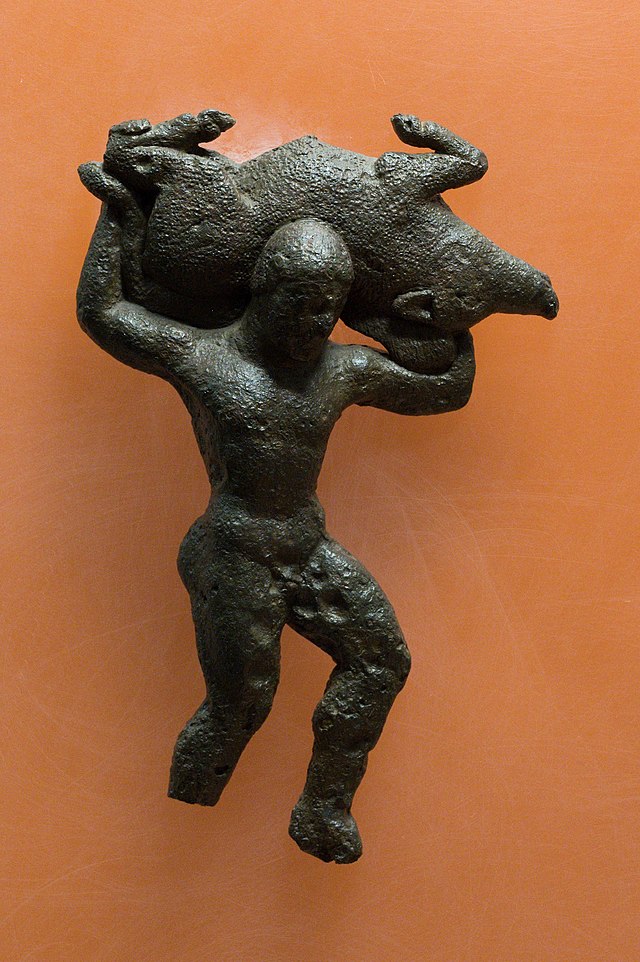
Pokračování kurzu antické mytologie navazuje na mýty o bozích, probrané v podzimním semestru, výkladem lokálních hérójských pověstí. Kurz je členěn převážně geograficky podle místa, v němž byl daný mýtus prezentován, a zahrnuje rovněž základní informace o různých typech recepce příslušných mýtů. K náplni kurzu viz anotace k předmětu v ISu.
- Učitel: Irena Radová

Tento kurz je stručným průvodcem řeckým a římským mytickým pantheonem. Je určen všem zájemcům o antickou mytologii. Důraz je přitom kladen na informace získané přímo z antických pramenů. Zde (v elfu) naleznete nahrané přednášky, osnovy k jednotlivým přednáškám, primární antické texty, z nichž čerpáme znalosti o mytologii, odkazy na diskuse k tématu na internetu apod. Elektronický kurz jako takový nemá žádné oficiální ukončení, pro informace k ukončení klasického kurzu viz anotace v IS.
- Učitel: Irena Radová
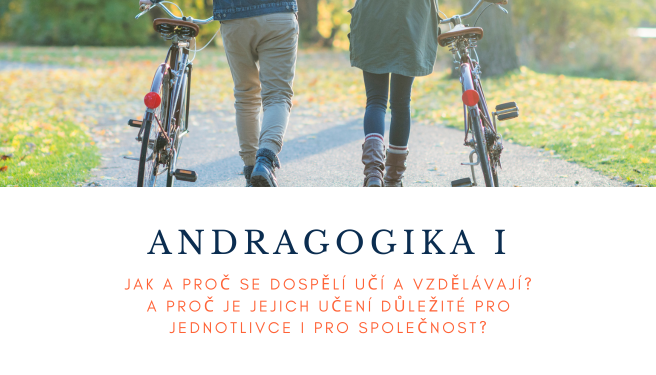
- Učitel: Karla Brücknerová
- Teorie množin jako formální systém a prostředek výstavby matematických disciplín
- Relační a operační struktury na množinách
- Grafy, orientované a neorientované
- Binární operace
- Konkrétní algebraické struktury - grupy, pologrupy, monoidy, svazy
- Fuzzy přístupy
- Statistika a pravěpodobnost
- Formální jazyky
- Učitel: Bohumil Fořt
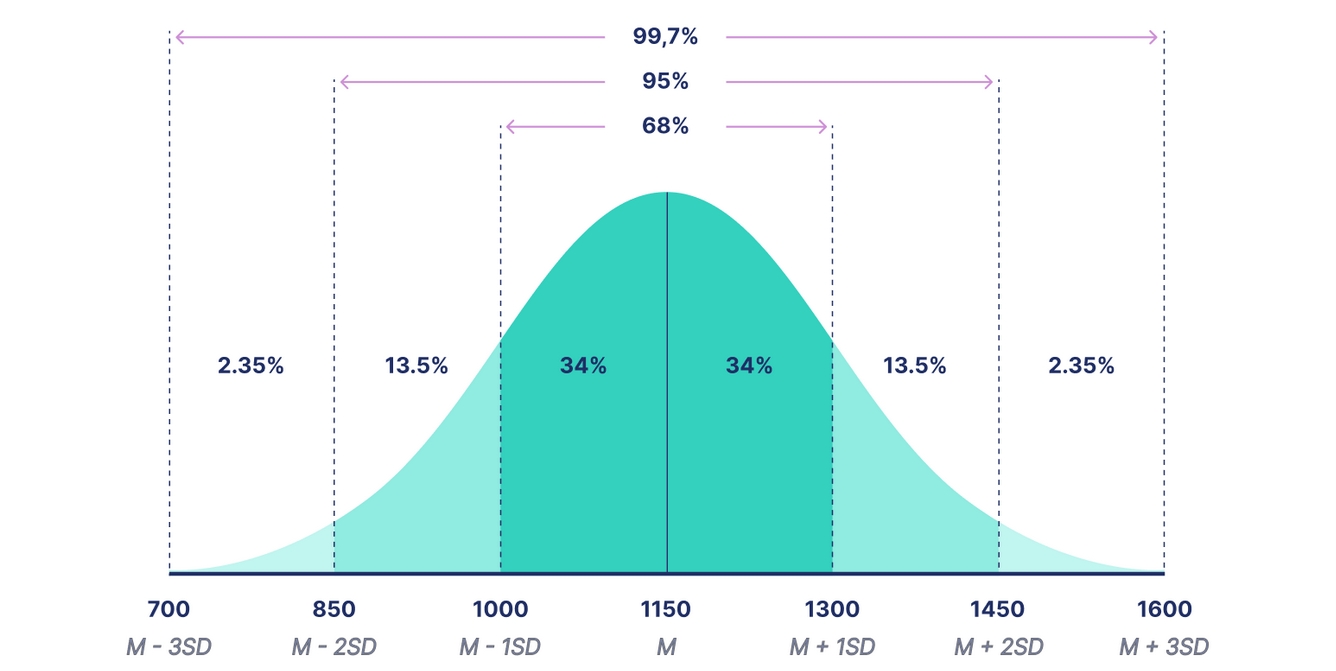
Elfová podpora kurzu Kvantitativní výzkum (pre obory andragogika a sociálni pedagogika na úPV FF MUNI)
- Učitel: Tomáš Lintner
- Učitel: Martin Sedláček
Kurz je podporou praktického kurzu mikroskopie.
- Učitel: Ludmila Kaňáková Hladíková
Kurz slouží studentům historie jako výuková podpora přednášek a seminářů z Dějin pravěku a rané doby dějinné.
- Učitel: Ludmila Kaňáková Hladíková
This course will introduce students to a wide range of analytical techniques applied in ceramic studies providing an overview of recent archaeometric and archaeological approaches to pottery analysis and interpretation of ceramics.
It is intended to provide knowledge on analytical methods and approaches to the study of clay artefacts, including the acquisition of practical skills on ceramics analysis and data interpretation using pXRF.
- Učitel: Monika Zobková Koróniová
Podpora pro kurz PGMK510 Česká vzdělávací politika
- Učitel: Martin Majcík
Kurz Kvalitativní výzkum je určen zájemcům o teoretické i praktické seznámení s kvalitativní metodologií. V rámci kurzu se kombinují přednášky a samostatná práce. V elfové podpoře naleznete důležité zdroje a budou zde také odevzdávány průběžné úkoly.
- Učitel: Veronika Babyrádová
- Učitel: Martin Majcík
Syllabus a materiál ke kurzu.
- Učitel: Vladimír Maňas
Kurs je prakticky zaměřen, na hodinách se čtou a překládají texty psané ve formálním stylu moderní čínštiny (shumian yu). Obsah textů je různorodý, od mediálních zpráv po naučná pojednání. Platforma elf má slúžiť na samostatnú prípravu študentov ny hodiny.
- Učitel: Zuzana Pospěchová
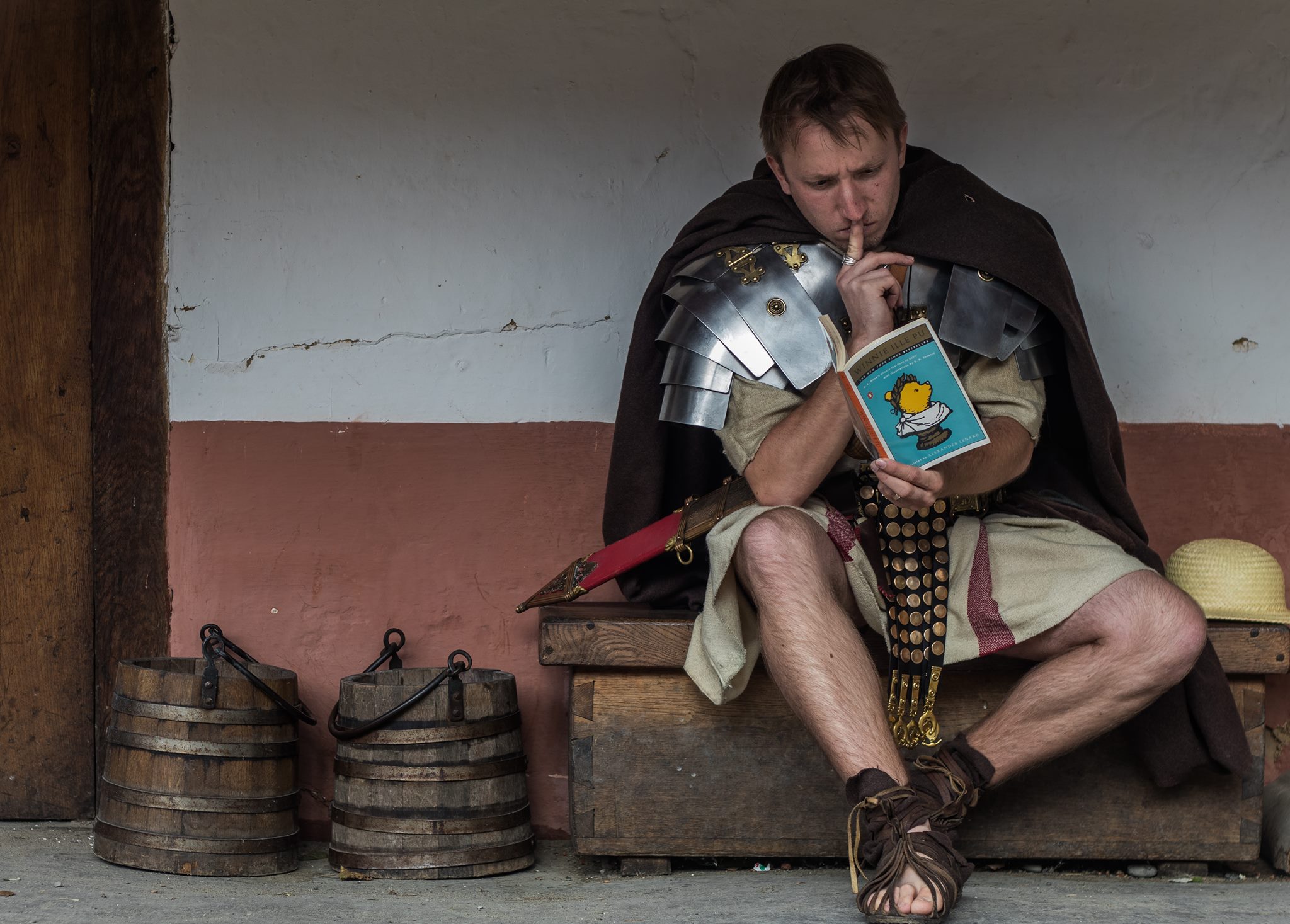
- Magister: Tereza Ševčíková
- Magister: Tomáš Weissar
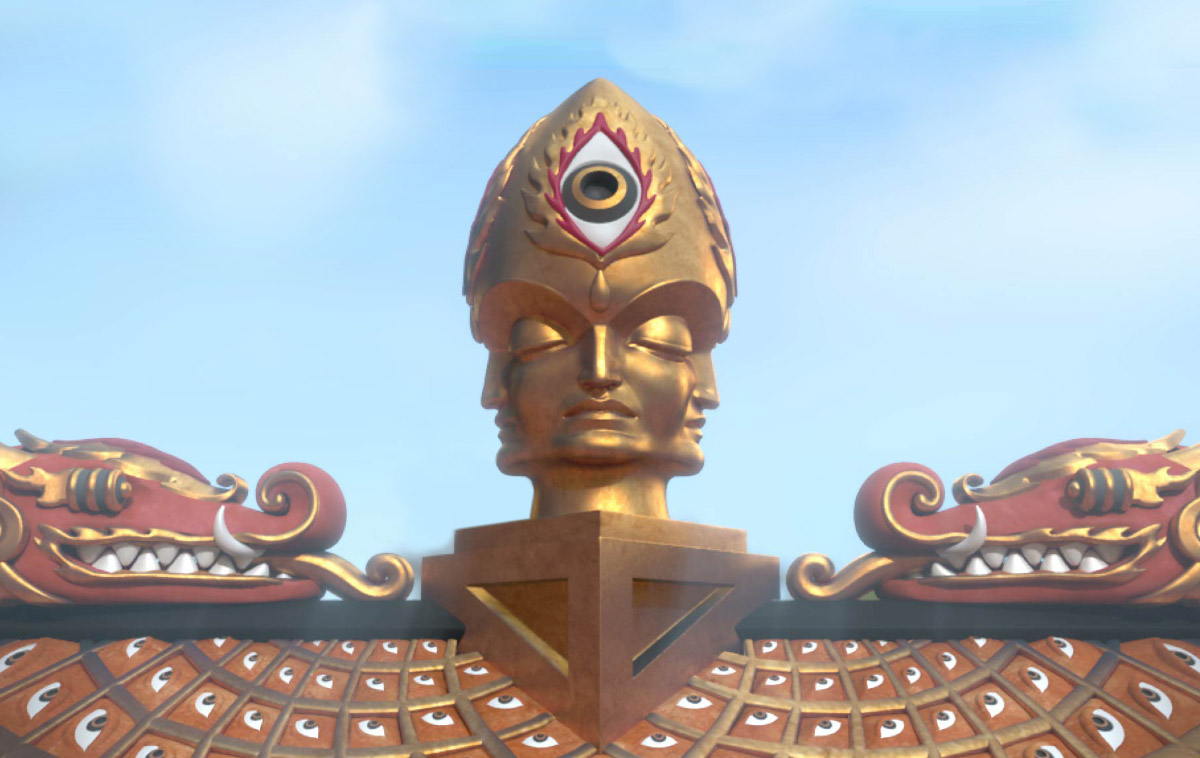
- Učitel: Jana Nenadalová
- Koncepty fikčnosti
- Diskursivní pojetí fikce
- Fikční a nefikční reference
- Fikční a faktuální narativ
- Modernistická fikce a historie
- Postmodernistická fikce a historie
- Realistický narativ
- Typologie fikčních světů
- Autobiografie a autofikce
- Literární mýtus
- Fantastická literatura.
- Učitel: Bohumil Fořt
- Poetika a teorie vyprávění
- Formalistický přístup k narativu
- Teorie vyprávění v kontextu Pražské školy
- Francouzské zdroje teorie vyprávění
- Francouzská nartologie
- Kognitivní naratologie
- Teorie fikčních světů
- Dodatečná témata podle dohody
- Učitel: Bohumil Fořt
- Učitel: Petr Bubeníček
- Učitel: Zuzana Fonioková
- Učitel: Miroslav Kotásek
- Učitel: Jan Tlustý

Kurz seznamuje studenty se základy školního poradenství.
- Učitel: Bohumíra Lazarová
Kurz didaktiky poskytuje studujícím teoretické i praktické základy pro efektivní plánování, realizaci a reflexi výuky. Zaměřuje se na formulaci didaktických cílů, transformaci učiva, výukové metody a hodnocení žákovského učení. Důraz je kladen na práci s rámcovými vzdělávacími programy a aktuální strategické dokumenty ovlivňující vzdělávání. Studující budou analyzovat didaktická témata z pohledu výzkumu a České školní inspekce a aplikovat poznatky v praktických úkolech. Kurz zahrnuje povinnou účast na seminářích, skupinové i individuální úkoly a závěrečné ověření znalostí.
- Učitel: Zuzana Šalamounová
Elfová podpora pro kurz PBB004 Základy poradenství.
- Učitel: Martin Majcík
Studijní opora pro předmět: PBB005 Teorie a metody sociální práce
Cílem kurzu je seznámit studenty se základními pojmy, teoretickými východisky a metodami sociální práce. Kurz studenty uvede do soudobých teoretických modelů sociální intervence (sociální práce) a naznačí jim možnosti jejich praktické aplikace. Studenti získají představu o sociální práci jako o multiparadigmatickém oboru, jehož podstatným rysem je integrující přístup v poznávání sociálních problémů, ale i v přímé práci s klienty.
- Učitel: Klára Harvánková

Po absolvování předmětu Fyziologie nervového systému zná student strukturu a funkci nervového systému - od úrovně buněčné, přes funkci jednotlivých oddílů a jejich vzájemné propojení, až po biologický podklad vyšší mozkové činnosti (např. paměť, emoce, řeč). V rámci jednotlivých kapitol budou studenti znát patofyziologický mechanismus vzniku vybraných onemocnění nervového systému.
- Učitel: Eva Závodná
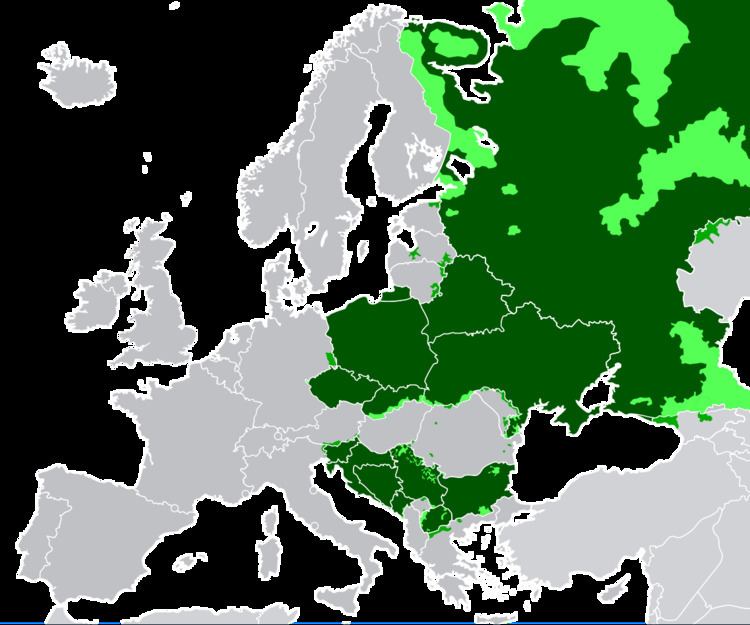
- Učitel: Pavel Pilch
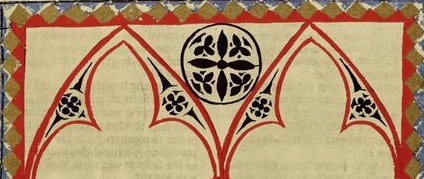
- Učitel: Michaela Boháčová
- Učitel: Pavel Kosek
- Učitel: Linda Rudenka
- Učitel: Pavel Kosek
- Učitel: Eva Křižková
- Učitel: Linda Rudenka
- Učitel: Michaela Boháčová
- Učitel: Martin Březina
- Učitel: Pavel Kosek
- Učitel: Eva Křižková
- Učitel: Linda Rudenka
- Učitel: Jana Villnow Komárková

Profilující/základní kurz vedlejšího studijního plánu navazujícího magisterského studia bohemistiky a studijních plánů učitelského studia. Jeho cílem je podat shrnující a rozšiřující poučení o podstatných aspektech studia českého jazyka a klíčových oblastech jazykovědné bohemistiky. Zvláštní pozornost je věnována tématům akcentovaným výzkumem v ÚČJ FF MU a ve spolupracujících brněnských odděleních ÚJČ AV ČR.
- Učitel: Michaela Boháčová
- Učitel: Pavel Caha
- Učitel: Marie Hanzelková
- Učitel: Milada Hirschová
- Učitel: Zdeňka Hladká
- Učitel: Petr Karlík
- Učitel: Simona Khatebová
- Učitel: Pavel Kosek
- Učitel: Klára Osolsobě
- Učitel: Marek Stehlík
- Učitel: Jarmila Vojtová
- Učitel: Markéta Ziková
- Učitel: Hana Žižková
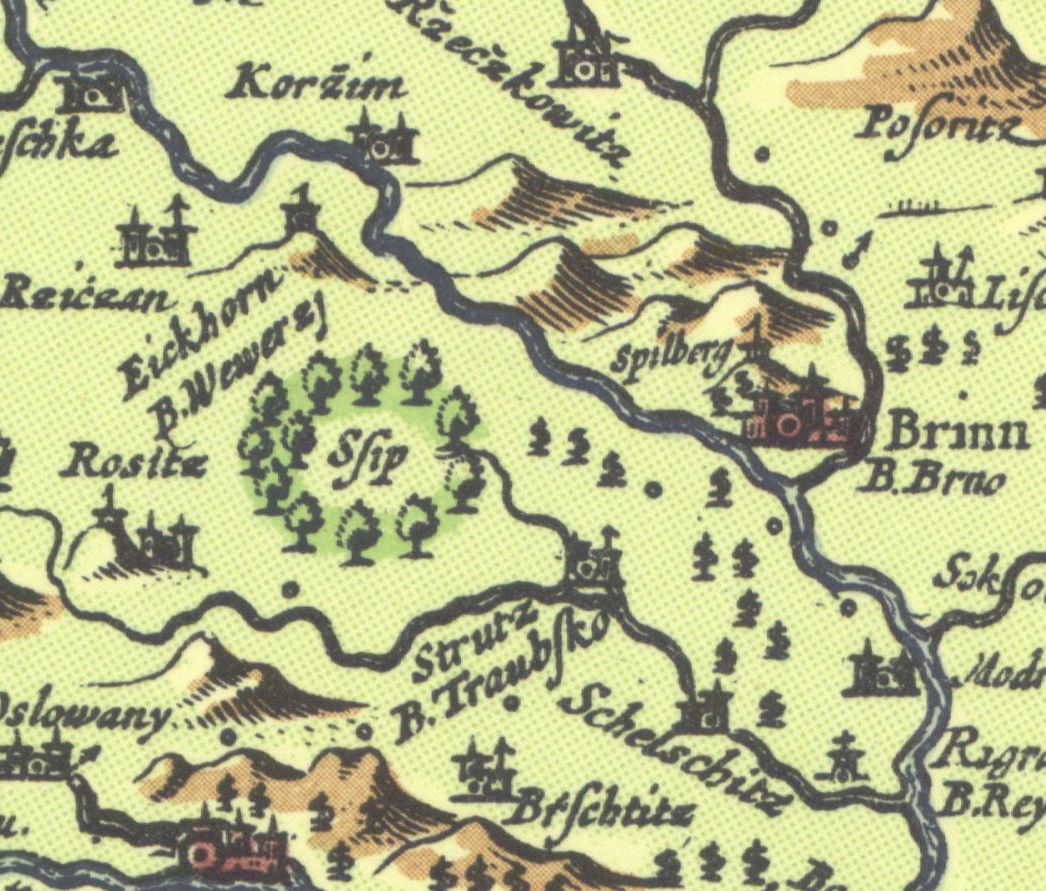
Materiály ke kurzu CJBA18 Historická toponomastika.
- Učitel: Michaela Boháčová
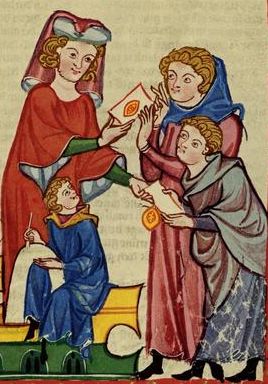
Elektronický kurz Stará čeština je určen jako e-learningová opora výuky stejnojmenného předmětu (Stará čeština CJBB138).
- Učitel: Michaela Boháčová
- Učitel: Hana Žižková
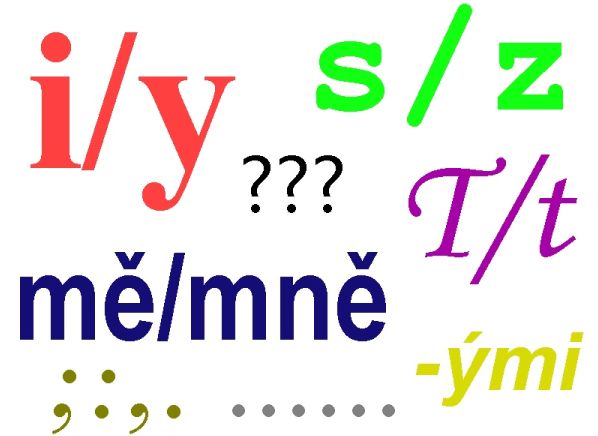
E-learningový doplněk běžné výuky předmětu Kurz správného psaní pro nebohemisty. Kurz si klade za cíl upevnit a dále rozšířit poznatky a vědomosti o současné české kodifikaci a také umožnit studentům získané dovednosti správného psaní samostatně procvičit na různých typech úloh.
- Učitel: Simona Khatebová
- Učitel: Hana Žižková

